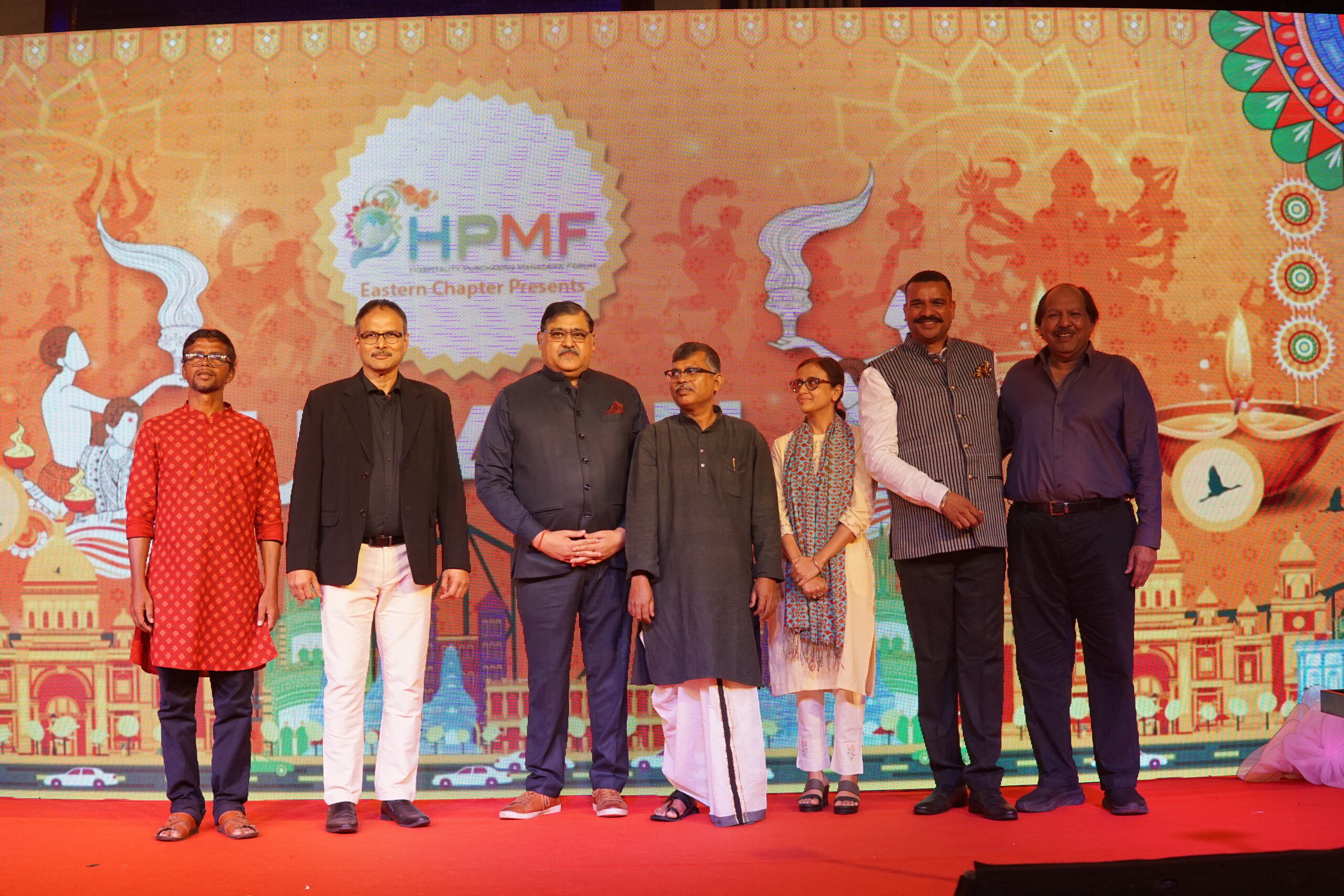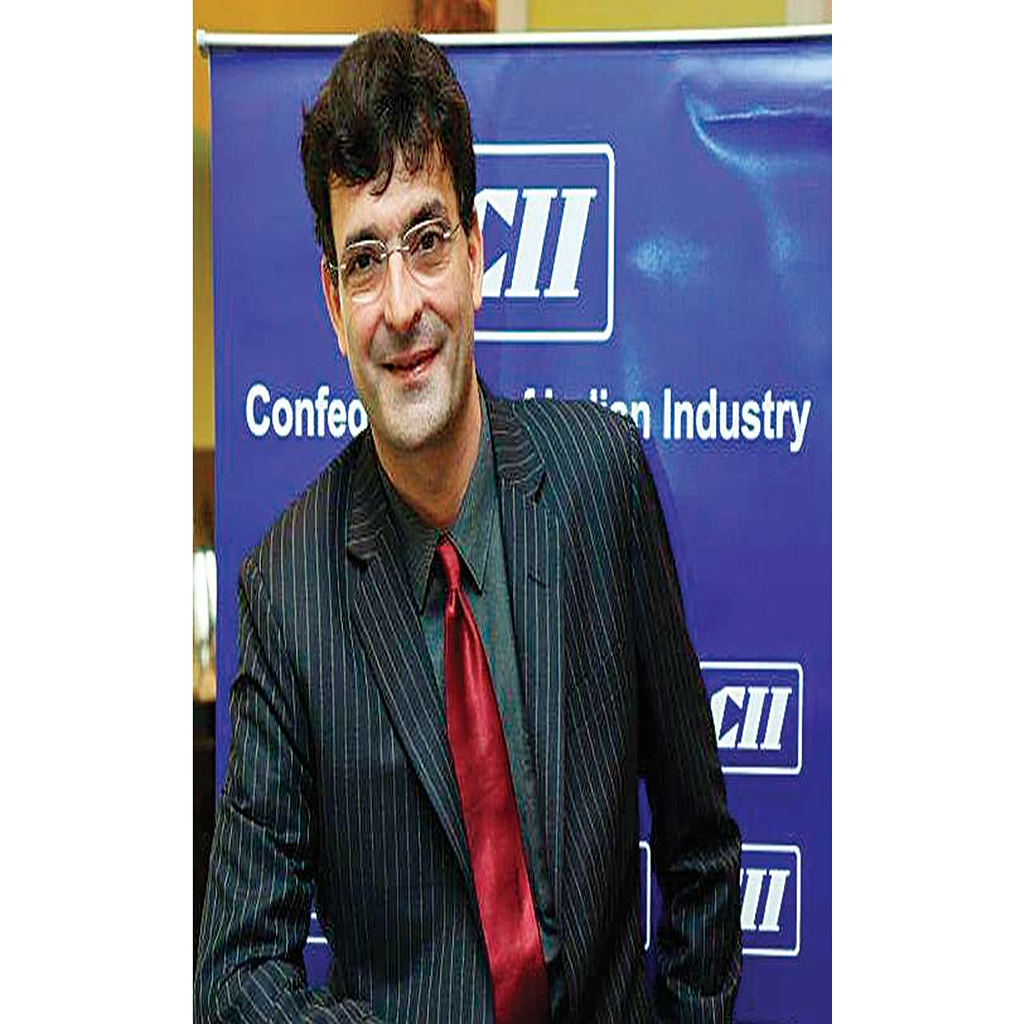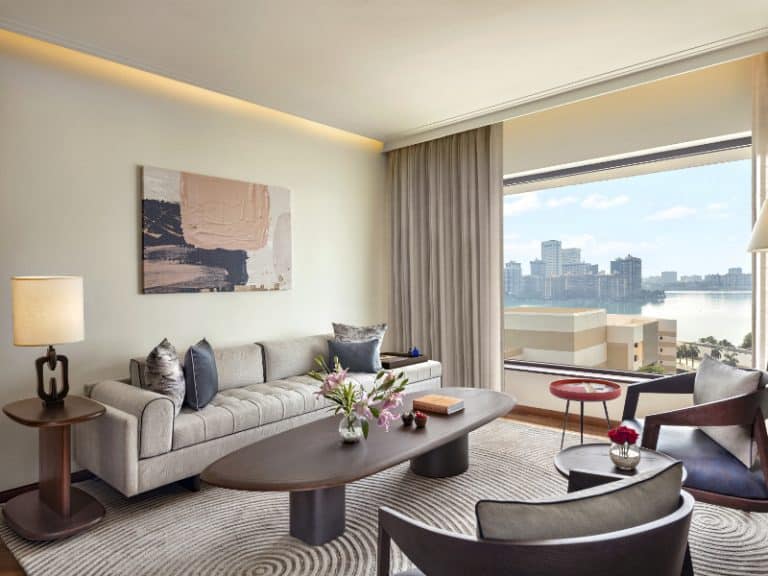
Dr. Suborno Bose, IIHM’s Founder and Chief Mentor, authors The Art of Sustainable Hospitality, a book on sustainable practices for hotels.
The book is a ready reckoner for sustainable practices adopted by various hotels and properties in India. The maiden book on the subject in India talks about green hotels and their green initiative to minimise environmental impact. The core elements of the book revolve around reducing waste, saving energy, and cutting down on water usage. It talks about the many steps a hotel can take to move toward sustainability.
The foundations of environmental sustainability the book says are safeguarding water, saving energy, reducing waste, using recyclable packaging, limiting or eliminating the use of plastics, using sustainable transport, reusing paper and protecting flora and fauna.
Some of the highlights of the sustainable practices the book talks about are as follows. It briefly mentions Neemrana Hotels’ biodegradable amenities to the guests including installations that recycle and reuse for good. Its flagship property Neemrana Fort Palace implemented a compost machine to recycle waste food, leaves and other organic materials.
Roseate Hotels and Resorts grows its own salad leaves using hydroponic farming, which involves growing plants without soil and using water-based mineral nutrient solutions.
Celebrity Chef Padmasri Sanjeev Kapoor has been quoted in the book saying, “If I had to pick the single most important intervention the hotel and restaurant industry can make on the food front to promote sustainability, I would say it is the judicious use and conservation of two of the world’s most important resources water and electricity. These are used indiscriminately and there is a need to use them responsibly.”
Priya Paul, Chairperson of The Park Hotels mentions in the book that The Park Hotel in Hyderabad was built as India’s first LEED Gold Certified hotel. The LEED certification means that the hotel has met certain standards of sustainability. The hotel has eliminated the use of potable water for landscape irrigation and encourages a waste separation management system in place.
Zubin Saxena, MD and Senior Area VP, South Asia, Radisson Hotel Group says they launched initiatives such as Soap for Hope, Linen for Life, Flush Me Not, etc. Soap for Hope is a soap recycling project that takes leftover soap from our hotels and recycles it into new and sanitized bars of soap. These new bars of soap are then donated to those in need and this program is implemented globally. Linen for Life and Flush Me Not Program are sustainable practices for linen and water management, he explained.
Some ITC hotels are running on 100 per cent renewable energy. We have 10 hotels that have net zero carbon emissions said H.C. Vinayaka, Vice President, Technical, EHS and Sustainability, ITC Hotels in the book. We have banned single-use plastic and installed organic waste converters and bio-methanation plants (a process by which organic material is microbiologically converted under anaerobic conditions to biogas). Ninety-nine per cent of the total hotel waste is being recycled and reused. By 2025 all ITC hotels plan to reduce freshwater consumption by 20 per cent. Thanks to our efforts, ITC Hotels are recognised as the “Green Luxury Hotel Chain” in the world, a unique achievement in the global hospitality industry, informs Vinayaka in that article.
When the whole world is talking about green initiatives, how can Banqueting be left behind? Banquets turn business and celebrations into fun, inclusive events, where people come together to interact, work with one another, share ideas and rejoice. ITC Hotels invites its guests to take on the mantle of responsibility. Green Banqueting Design, addresses the issue of waste at events and works with guests on saving energy and minimizing the use of unnecessary material etc. says the poster
Some of the green banqueting initiatives include e-invites: e-invitations are suggested instead of paper invites. The same can be put up on the website of the organisers, if some people delete the e-invite, they can always go back to the website to check the invitation, suggested some banquet professionals.
The book promotes the use of green conference materials such as recycled paper, Good on one Side (GOOS) paper for printing and photocopying and Free/Polymer/Plastic Pencils for writing are suggested. Name tags without being covered in plastics must be developed. Participants should be requested to return the tags at the end of the conference so that they can be recycled, thereby reducing waste and material. Giveaways if any need to be given like mementoes to participants, then think of organic gift/s – an innovative green gift idea. If every sector takes up green initiatives, the whole world will turn into a greener world.







